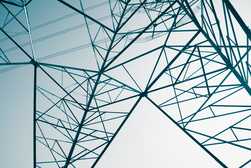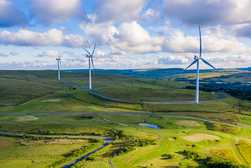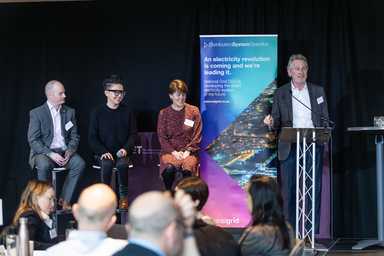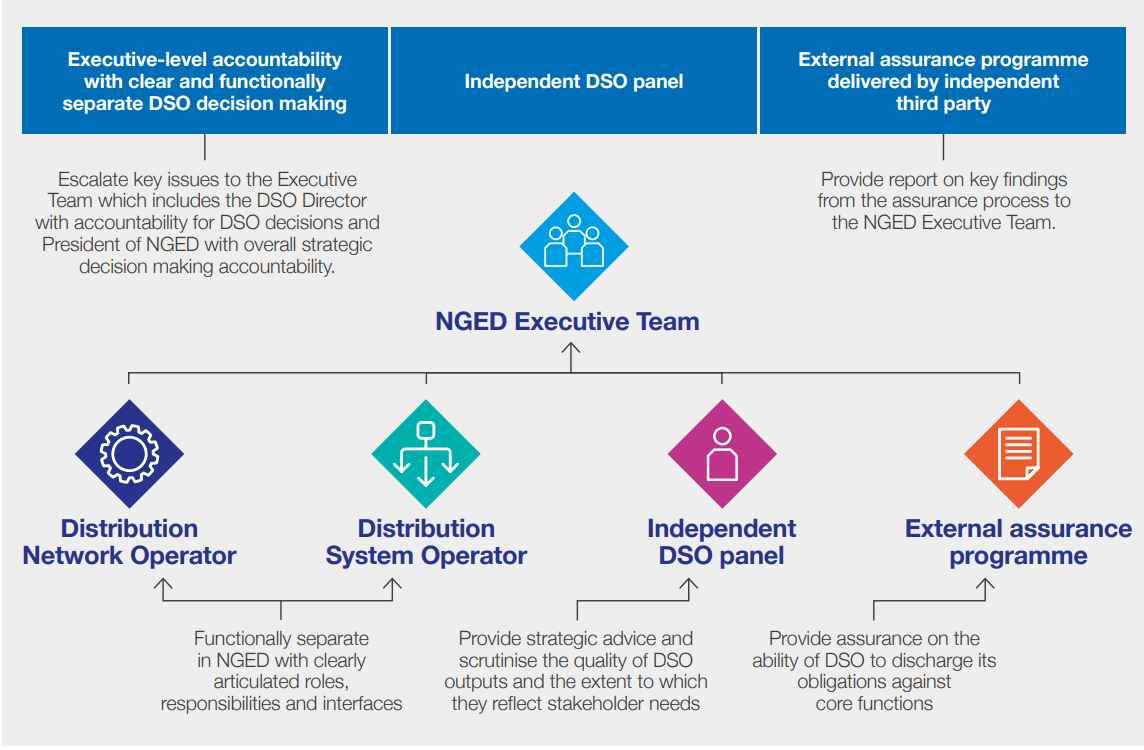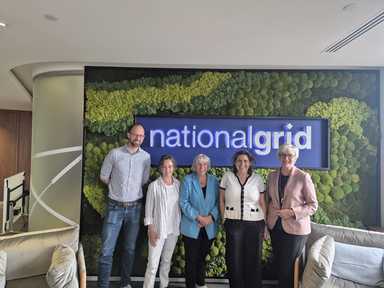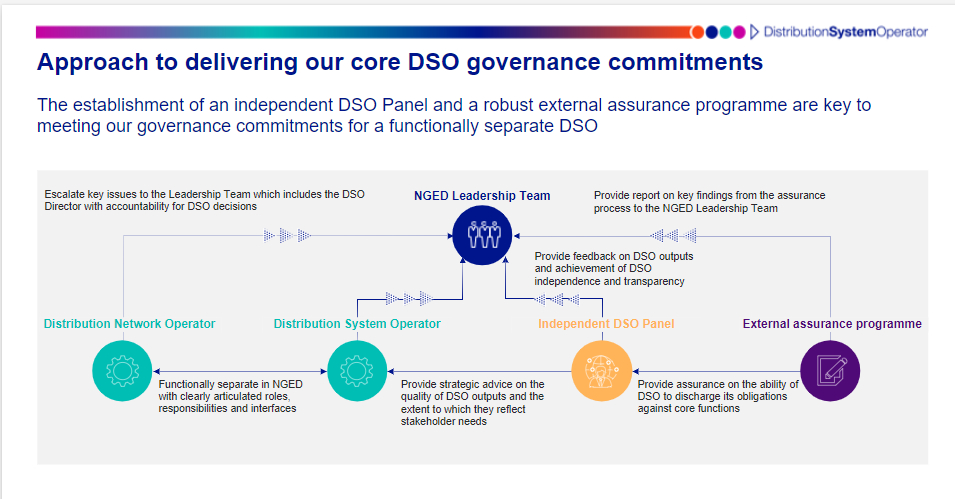Our responsibility
When considering how to manage a constraint on the network, the DSO first considers and assesses alternative flexibility-based solutions.
This ‘flexibility first’ approach has the potential to create conflict between the roles of DNO and the DSO. Therefore, it’s really important for us to be clear about the division of responsibilities between DNO and DSO, particularly regarding the three DSO roles set out by Ofgem, our regulator.
Through further engagement with our stakeholders and guidance from our Independent Panel, an updated version of our Guide to Governance was published in March 2025. This updated document sets out the progress we have made in developing governance structures to demonstrate the independence of the DSO from the rest of National Grid Energy Distribution, embedding functional separation from the rest of the business for greater stakeholder assurance.
This guide provides transparency to stakeholders on our DSO and DNO processes, and allows stakeholders to provide views on how we are managing perceived conflicts of interest in a meaningful way. The guide is reviewed by the DSO and DNO executive annually. We will seek views on relevant DSO/DNO interface issues through our programme of workshops and events throughout the year.


